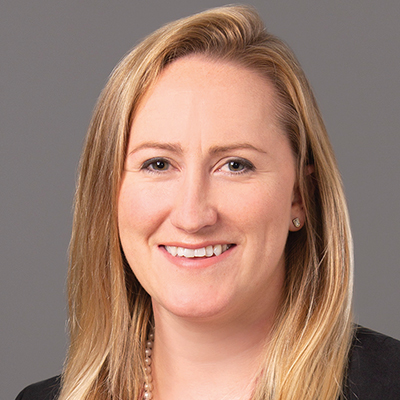
As skilled nursing facilities and nursing homes are already well aware, there were numerous changes unveiled with the Patient Driven Payment Model when it became effective in October of last year.
These changes significantly impacted how Medicare Part A pays skilled nursing facilities for therapy services. Given this reimbursement change, a major area of impact is to the delivery methods of therapy services, including physical therapy, occupational therapy and speech-language pathology services.
Under the PDPM methodology, the payment for therapy is no longer being reimbursed for the minutes of therapy performed, of course. Instead, the reimbursement is based on the patient characteristics and diagnosis. For the new model, it is essential that the patient’s assigned case mix is accurate.
This change in approach may have an impact on the patient recovery, even though improved patient outcome is a goal of PDPM. According to a report in the New York Times, this change has led to skilled nursing homes being forced to reduce the amount of time a patient received therapy services. Additionally, it has led to an increase in concurrent or group setting therapy — which some studies have shown that may not be as beneficial to patients’ recoveries. However, it is worth noting that there is a 25% combined cap on the group and concurrent therapy (i.e. regardless of the type of therapy) that may be provided per patient for their Part A SNF stay.
Many therapists have been outraged by the changes in the payment model, feeling their positions are undervalued in the care they offer to their patients. Numerous have signed a petition for the Department of Health and Human Services to intervene. In another perceived blow to therapists, similar new Centers for Medicare & Medicaid Services rules go into effect for health and home care reimbursement on Jan. 1.
While the PDPM methodology is meant to address each individual patient’s unique needs independently, it may lead to unintended consequences that could leave the patient with less satisfaction of care, and skilled nursing facilities having to resort to trying various care models that have been unproven. PDPM is leading to uncertainty at the least.
Lauren G. Perry is an associate with Duane Morris LLP. She has experience advising providers on health law issues involving Medicare reimbursement, the Affordable Care Act, HIPAA, state privacy laws, the Anti-Kickback Statute, Stark Law, managed care contracts, licensing, administrative proceedings, healthcare transactions and more.



